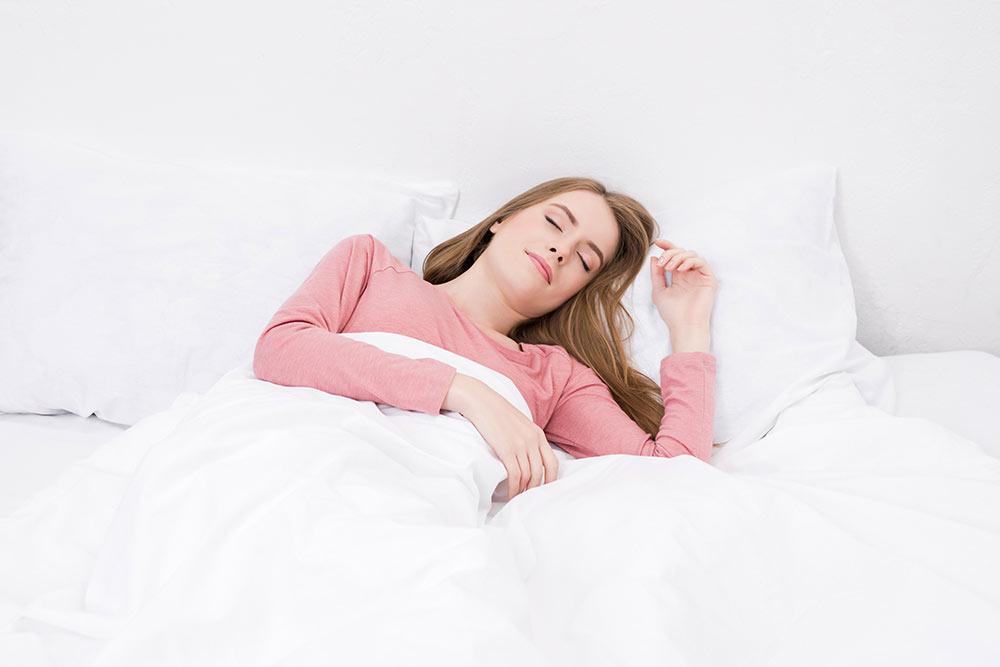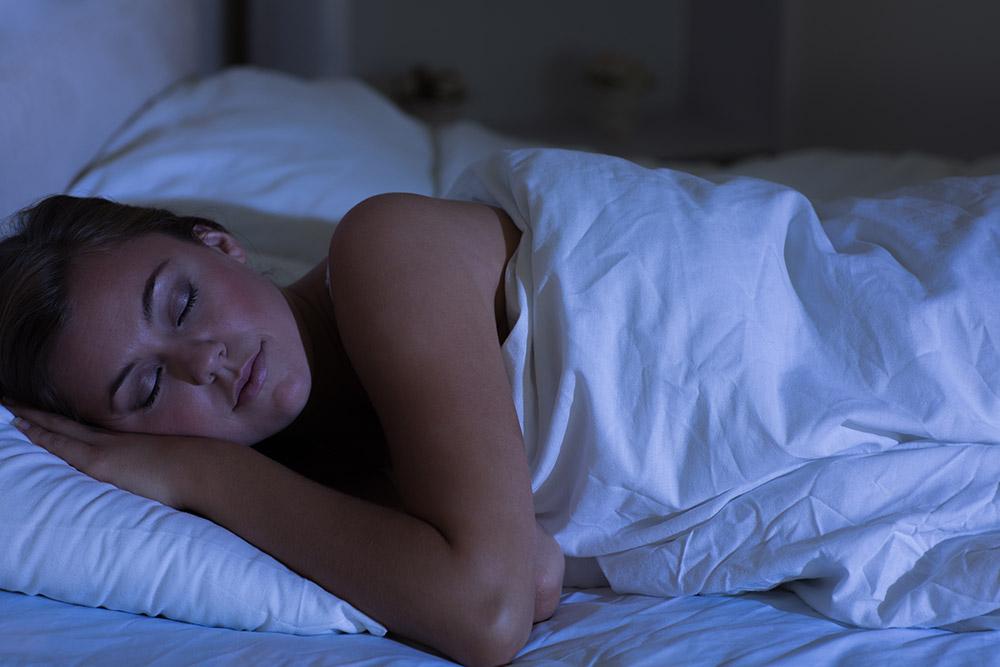Insomnia is a sleep disorder characterized by difficulty falling asleep, staying asleep, or having restful sleep. Insomnia can be categorized as transient insomnia (lasting less than one week) or chronic insomnia (lasting more than 3 months).
The circadian rhythm regulates and coordinates the body's natural rhythms including your metabolism, hunger levels, hormone release, and moods. There are two types of circadian rhythm: the "master clock," which is located in the brain, and peripheral clocks found throughout cells in other organs. Sleep has a huge impact on this system. When people don't get enough sleep it disrupts their master clock, which leads to problems with hormonal regulation that can cause an increase in weight gain and depression.
What is transient insomnia?
Transient insomnia is a sleep disorder meaning people are not able to get the recommended amount of sleep.
What is chronic insomnia?
Chronic insomnia is when sleep issues last for more than three months. Chronic insomnia can be qualified as either subjective or objective. If the sleep loss is occurring for more than three months and has not been evaluated through objective measures, the incomina is then classified as subjective. If it has been evaluated through the use of objective measures, it is then classified as objective.
What are some tips on treating insomnia?
One way to help treat insomnia is by practicing good sleep hygiene. This means having a bedtime routine, sticking with the same sleep schedule every night, and getting plenty of exercise during the day. The more you practice habits like these, the easier it becomes for your body to regulate its circadian rhythm and make it easier to fall asleep at night.
What is a circadian rhythm in the body?
A circadian rhythm is the body's natural cycle of sleep and wakefulness. Circadian rhythms are controlled by a part of your brain called the hypothalamus which regulates bodily functions such as temperature, hunger, thirst and hormone production to name just a few.
How does insomnia affect your circadian rhythm?
When you don't have enough hours in bed, it throws off the natural balance of your circadian rhythm and can make it difficult to fall asleep.
What are some treatments for treating insomnia?
There are many different types of treatments that can help with insomnia, including medication, cognitive behavioral therapy or a relaxation technique like meditation. Find what works best for you and be consistent. It may take time to find an approach to help treat your insomnia. Some people have found that a mixture of medication and a relaxing practice like meditation combined can be more successful at treating insomnia versus just medication or meditation alone.
Home remedies to help treat insomnia:
It is important to be an advocate for yourself when it comes to insomnia. There are some home remedies that may help you treat your insomnia, like drinking a cup of chamomile tea before bed or doing deep breathing exercises. You can also try reading in dim lighting with no distractions which has been shown to promote the release of melatonin and theta waves.
It has been proven that turning off all electronics one hour prior to bed will allow for the brain to relax and slow down. The removal of this stimulation can help relax the body and the brain and in return allow for more success falling and staying asleep through the night.
What is a theta wave, and how does it affect the body during sleep?
Theta waves are responsible for the release of neurotransmitters that regulate sleep. When your body is in a state of deep rest, there will be an increase and decrease in brain activity along with increased heart rate and blood pressure.
Sleep cycle:
Our body has a sleep/wake cycle, which is also known as our circadian rhythm. This goes on 24 hours per day and every time we go into REM (rapid eye movement) sleep it signals to the brain that it should start releasing hormones to help us stay awake.
Longevity:
One of the most interesting things about sleep is that we often overlook it as a part of our routine, when in reality, lack of sleep can greatly affect your longevity and quality of life because you are depriving yourself from an important bodily function. One study has found that those who slept for less than six hours a night were twice as likely to die of heart disease.
Sleep debt:
During sleep, your body heals and recovers. Sleep debt is when someone doesn’t get the recommended eight hours of sleep in one day or on an average weeknight. You can catch up on some of this lost sleep over time but it will require catching up on more than just one night, this is because the body needs to repair and recover from sleep debt.
Sleep cycle: How much sleep do I need as an adult?
Every single individual has different sleeping patterns, or their own unique rhythm. This individualized pattern is called a "sleep cycle." On average, adults need around eight hours of uninterrupted sleep every day for a healthy lifestyle; however, sleep needs vary from person to person. New parents will have a very disrupted sleep pattern for the first few months of bringing their newborn home.
Sleep cycle: How much sleep does a child need?
As we age, our sleep needs change and vary. For an average healthy eight-year old child, their body requires around nine hours of uninterrupted sleep every day for optimal performance; however, this varies from person to person as well.
Sleep cycle: How much sleep does an elderly person need?
As we approach later stages in life. It has been studied and proven that elderly people will require less sleep than younger adults and children. It is still recommended that elderly people aim for 6-7 hours of uninterrupted sleep for optimal health.
In Conclusion:
When the human body doesn't get proper rest, many other functions of the body can take a severe hit. Hormone regulation, cell health, and physical and mental health are all factors that can be harmed when not enough sleep is present.
If you believe that you suffer from insomnia you should speak with your doctor about treatment plans that may help your body get back on track. You can also start to incorporate a healthier lifestyle through diet and exercise which can help reset your circadian rhythm for a healthier more optimally functioning body.






















